Câu hỏi:
Read the following passage and mark the letter A, B, C or D on your answer sheet to indicate the option that best fits each of the numbered blanks from 18 to 22.
The origins of popular foods often reveal surprising historical insights. (18)______. While many assume that curry was introduced to England through interactions with India in the 1600s, historical evidence suggests otherwise. Wealthy English families,(19)______, were consuming dishes prepared with curry spices as early as the time of King Richard I. Notably, the term “curry” appears in an English cookbook published in 1377, long before British ships traveled to India. This early mention highlights how food traditions can transcend borders and evolve over centuries, influenced by trade and exploration.
Similarly, pizza, a dish frequently associated with Italian cuisine, (20)______. While modern pizza originated in Naples, records indicate that in the 500s, Persians consumed round, flat bread topped with cheese. This precursor to the pizza we know today reflects the global interconnectedness of culinary traditions, where simple yet innovative recipes emerge in different cultures independently. (21)______.
The history of hamburgers also deviates from common perceptions. While widely regarded as an American culinary creation, (22)_______. According to historical accounts, Otto Kuasw created the first hamburger in 1891, and by 1895, German sailors had introduced the dish to the United States. This journey from Germany to the U.S. demonstrates how cultural exchanges shape iconic dishes.
Understanding the origins of these foods enhances appreciation of their cultural and historical significance. Regardless of their provenance, their enduring appeal lies in their taste, adaptability, and ability to bring people together across time and space.
Đáp án đúng: C
Đáp án đúng là C
Dịch:
A. người ta đã từng làm bánh hamburger từ bột mì, nước và sữa
B. người ta tin rằng đây là một trong những món ăn mới nhất được phát hiện
C. người ta tin rằng bánh hamburger có nguồn gốc từ Hamburg, Đức
D. sự thật về bánh hamburger vẫn chưa được các nhà khoa học tìm ra
While widely regarded as an American culinary creation, (22)_______.
Giải thích:
Vị trí (22) cần 1mệnh đề đồng chủ ngữ sao cho chủ ngữ của mệnh đề này được coi là “một sự sáng tạo ẩm thực”. => C đúng
Câu hỏi này thuộc đề thi trắc nghiệm dưới đây, bấm vào Bắt đầu thi để làm toàn bài
Bộ đề thi giúp học sinh lớp 12 làm quen với cấu trúc và nội dung đề thi tốt nghiệp THPT môn Tiếng Anh năm 2025. Đề thi được xây dựng theo định hướng của Bộ GD ĐT, bao gồm các phần Ngữ âm, Từ vựng - Ngữ pháp, Chức năng giao tiếp, Kỹ năng đọc hiểu, Kỹ năng viết và Phát âm - Trọng âm. Hệ thống câu hỏi đa dạng, bám sát chương trình học, giúp học sinh rèn luyện kỹ năng làm bài và nâng cao tư duy ngôn ngữ. Đáp án chi tiết đi kèm hỗ trợ học sinh tự ôn tập, đánh giá năng lực và chuẩn bị tốt nhất cho kỳ thi quan trọng.
Câu hỏi liên quan
Đáp án đúng là B
A. Trung tâm Khoa học cung cấp các hoạt động giải trí cho cả trẻ em và người lớn.
B. Bối cảnh này truyền cảm hứng cho cả du khách trẻ và lớn tuổi suy nghĩ sáng tạo và tò mò về khoa học.
C. Các cuộc triển lãm tại Trung tâm Khoa học được thiết kế để dạy các khái niệm khoa học theo cách hấp dẫn.
D. Môi trường này khuyến khích du khách khám phá các hoạt động thực hành và thích học.
Giải thích:
Xét về nghĩa, B là hợp lí
Đáp án đúng là C
Giải thích:
Thông tin ở câu đầu tiên, đoạn 2: The centre boasts more than four hundred exhibits across various fascinating topics, including solar radiation, communication, electronics, mathematics, nuclear energy, and evolution.
Do đó C đúng
Đáp án đúng là A
Giải thích:
Thông tin ở đoạn cuối: With its interactive displays and immersive environment, the Singapore Science Centre continues to inspire a love for science and discovery, making it an unforgettable destination for learners of all ages.
Suy ra, its nhắc đến the Singapore Science Centre
A đúng
Read the following passage about lifelong learning and mark the letter A, B, C, or D on your answer sheet to indicate the best answer to each of the following questions from 31 to 40.
My father was an enthusiastic traveller, but as he got older, he increasingly suffered from what he called “travel fever,” a vivid term for the acute anxiety felt before a journey, essentially due to uncertainty about all the things that could go wrong. Sadly, this eventually stopped him from going on holiday. Then I, too, started to suffer similar apprehension, so I consulted a psychotherapist. She recommended a small piece of cognitive behavioural therapy, which involved acknowledging the mental and physical symptoms of anxiety, but telling myself that these were essentially indistinguishable from feelings of excitement about the prospect of a journey. This reframing of my feelings has been reasonably effective – it’s one way of dealing with uncertainty.
It’s not just the uncertainty of travel that we all have to face. None of us knows what is going to happen, or what is currently going on outside our immediate knowledge, or the vast majority of what has happened in the past. Uncertainty has been called the “conscious awareness of ignorance,” and there is a lot we are ignorant about. We must navigate through life without complete information, and this fundamental uncertainty is an inescapable aspect of human existence.
We all have to live with this uncertainty and, as a statistician, it’s been my job to try to analyse data and assess some of the risks we face. (I)But some deal with uncertainty with more equanimity than others. (II) Psychological studies, as well as our own experience, reveal a wide variation in people’s responses, including those that are cognitive (how we think), emotional (how we feel), and behavioural (what we do). (III)For example, when faced with uncertainty, do you deny it or acknowledge it, does it put the wind up you or make you courageous, do you try to avoid it or approach it?(IV)
Of course, your response may depend on the context, just as an individual’s appetite for risk-taking can vary across different areas of their lives. I have known people who seemed to take huge physical risks, yet were very cautious with money. Numerous scales have been developed to measure how well people can deal with uncertainty, based on responses to statements ranging from “Unforeseen events upset me greatly” to “When it’s time to act, uncertainty paralyses me.” Those who score highly, and find it difficult to tolerate uncertainty, may also be at increased risk of clinically significant anxiety and depression.
The word “vivid” in paragraph 1 is OPPOSITE in meaning to:
Read the following passage about lifelong learning and mark the letter A, B, C, or D on your answer sheet to indicate the best answer to each of the following questions from 31 to 40.
My father was an enthusiastic traveller, but as he got older, he increasingly suffered from what he called “travel fever,” a vivid term for the acute anxiety felt before a journey, essentially due to uncertainty about all the things that could go wrong. Sadly, this eventually stopped him from going on holiday. Then I, too, started to suffer similar apprehension, so I consulted a psychotherapist. She recommended a small piece of cognitive behavioural therapy, which involved acknowledging the mental and physical symptoms of anxiety, but telling myself that these were essentially indistinguishable from feelings of excitement about the prospect of a journey. This reframing of my feelings has been reasonably effective – it’s one way of dealing with uncertainty.
It’s not just the uncertainty of travel that we all have to face. None of us knows what is going to happen, or what is currently going on outside our immediate knowledge, or the vast majority of what has happened in the past. Uncertainty has been called the “conscious awareness of ignorance,” and there is a lot we are ignorant about. We must navigate through life without complete information, and this fundamental uncertainty is an inescapable aspect of human existence.
We all have to live with this uncertainty and, as a statistician, it’s been my job to try to analyse data and assess some of the risks we face. (I)But some deal with uncertainty with more equanimity than others. (II) Psychological studies, as well as our own experience, reveal a wide variation in people’s responses, including those that are cognitive (how we think), emotional (how we feel), and behavioural (what we do). (III)For example, when faced with uncertainty, do you deny it or acknowledge it, does it put the wind up you or make you courageous, do you try to avoid it or approach it?(IV)
Of course, your response may depend on the context, just as an individual’s appetite for risk-taking can vary across different areas of their lives. I have known people who seemed to take huge physical risks, yet were very cautious with money. Numerous scales have been developed to measure how well people can deal with uncertainty, based on responses to statements ranging from “Unforeseen events upset me greatly” to “When it’s time to act, uncertainty paralyses me.” Those who score highly, and find it difficult to tolerate uncertainty, may also be at increased risk of clinically significant anxiety and depression.
The word “these” in paragraph 1 refers to:
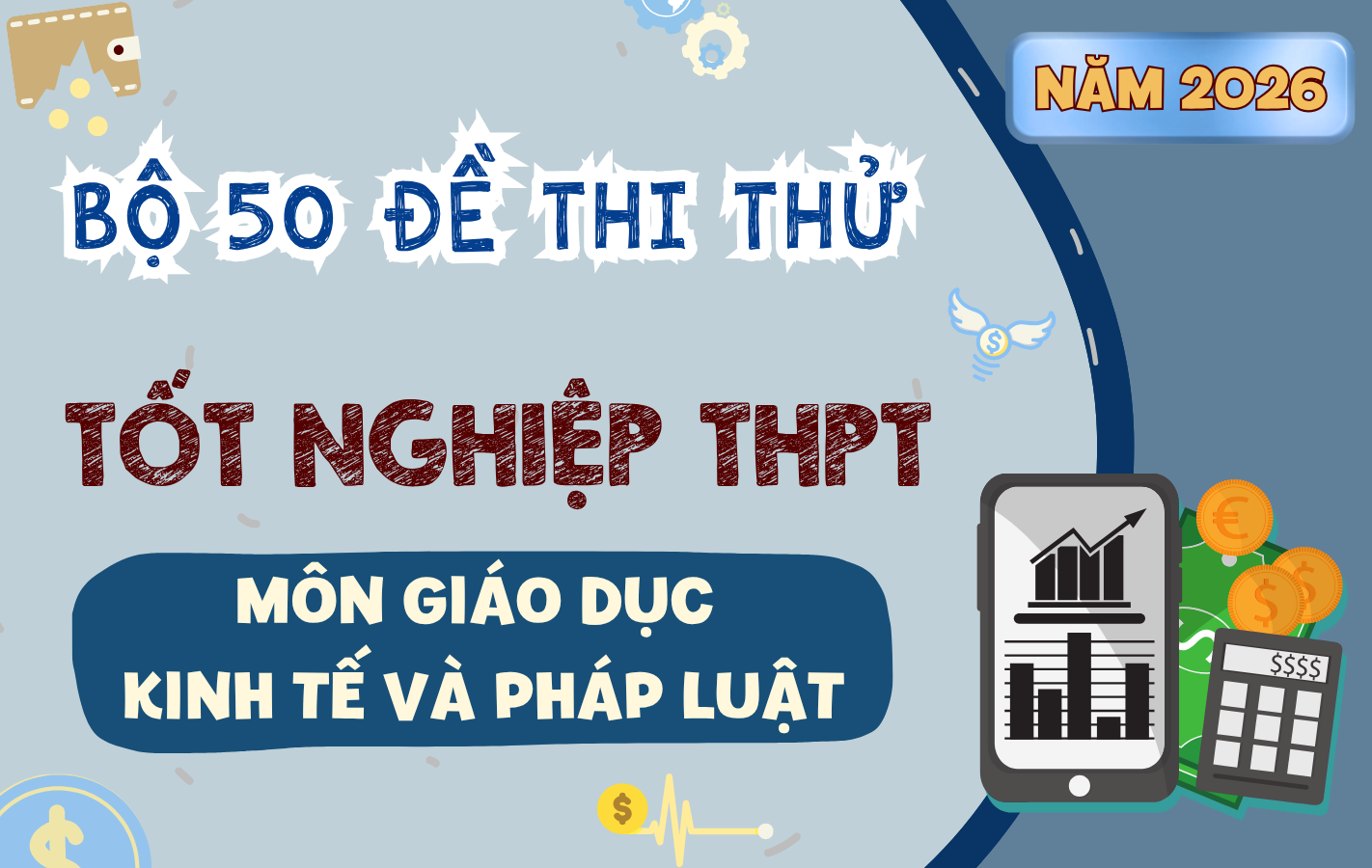
Bộ 50 Đề Thi Thử Tốt Nghiệp THPT Giáo Dục Kinh Tế Và Pháp Luật Năm 2026 – Theo Cấu Trúc Đề Minh Họa Bộ GD&ĐT
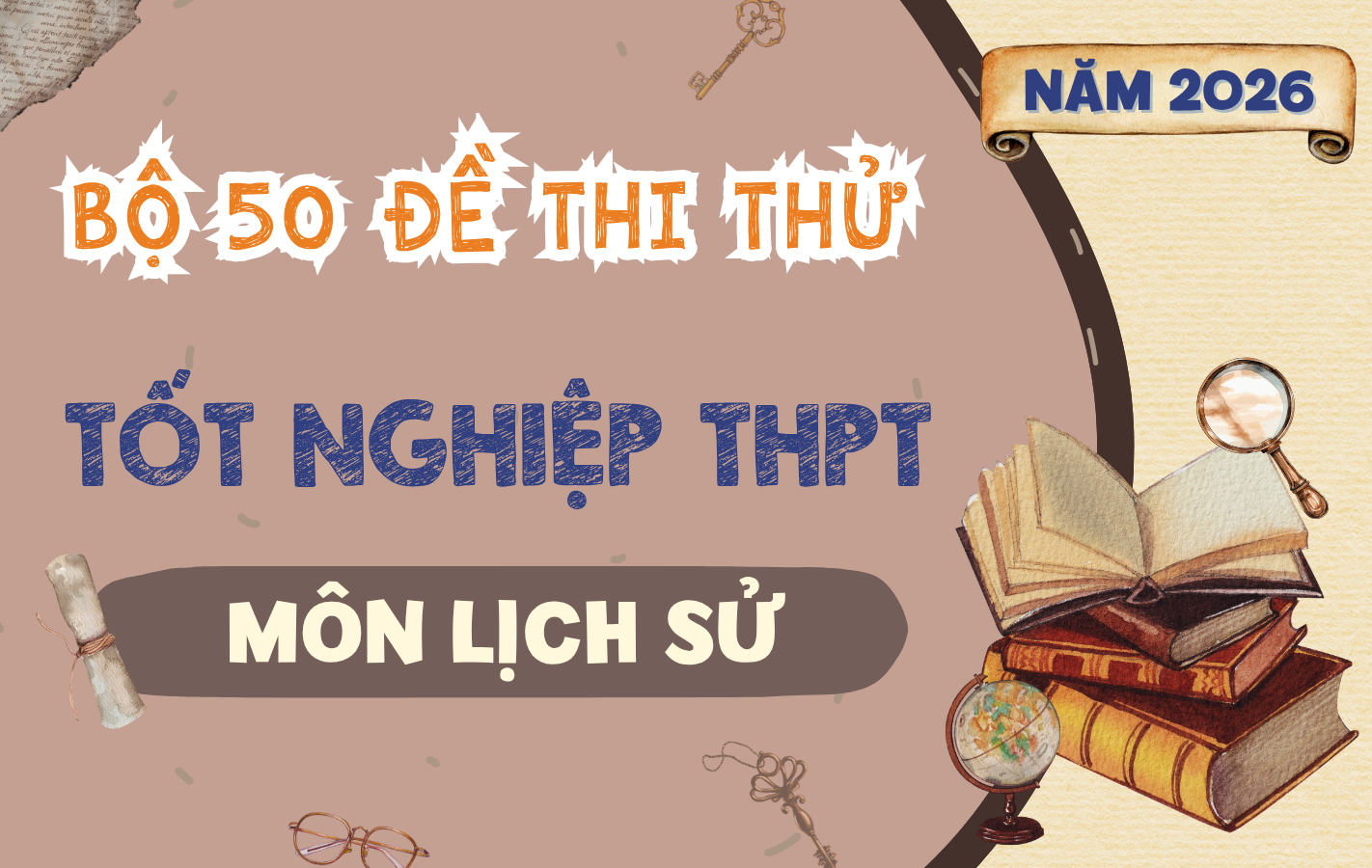
Bộ 50 Đề Thi Thử Tốt Nghiệp THPT Lịch Sử Học Năm 2026 – Theo Cấu Trúc Đề Minh Họa Bộ GD&ĐT
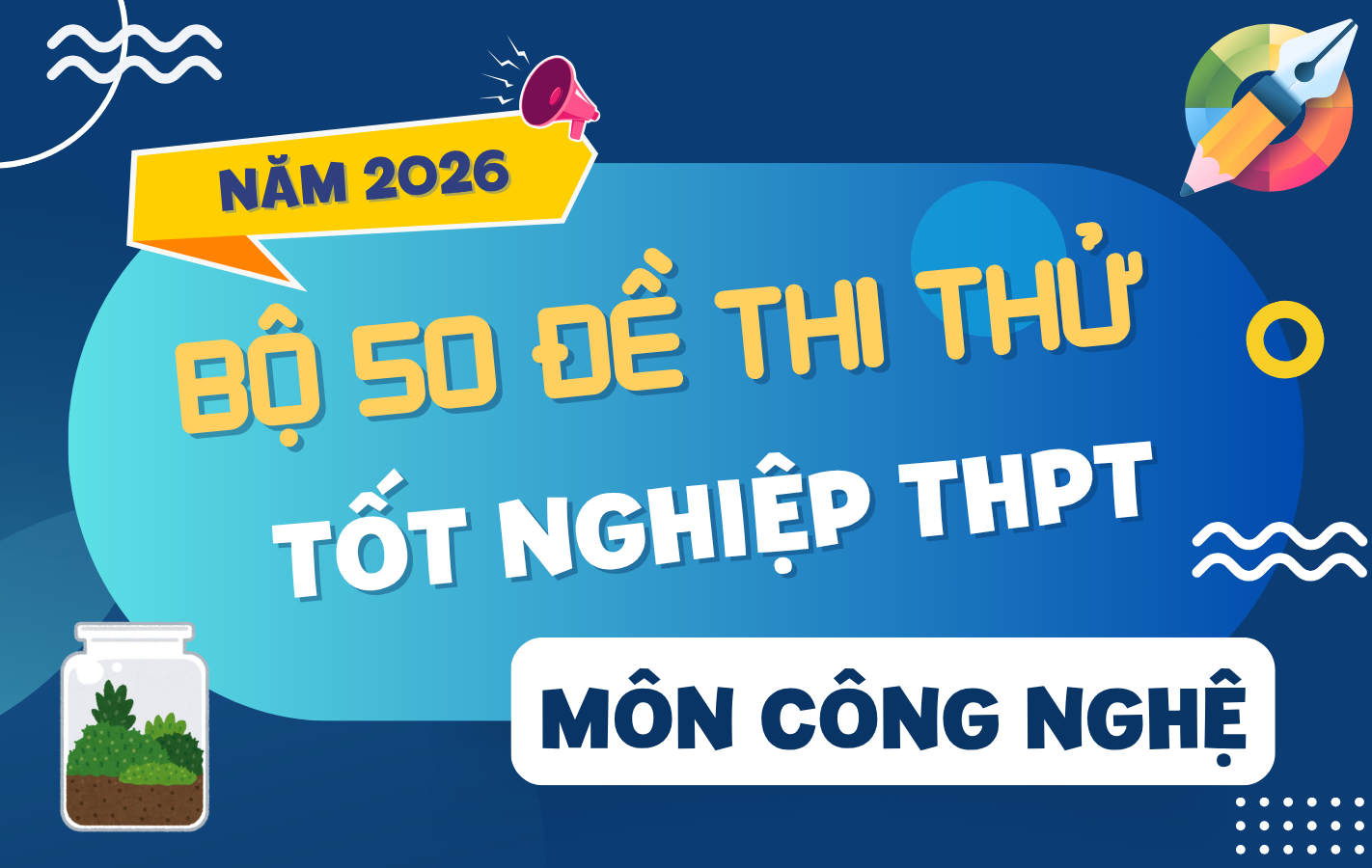
Bộ 50 Đề Thi Thử Tốt Nghiệp THPT Công Nghệ Năm 2026 – Theo Cấu Trúc Đề Minh Họa Bộ GD&ĐT
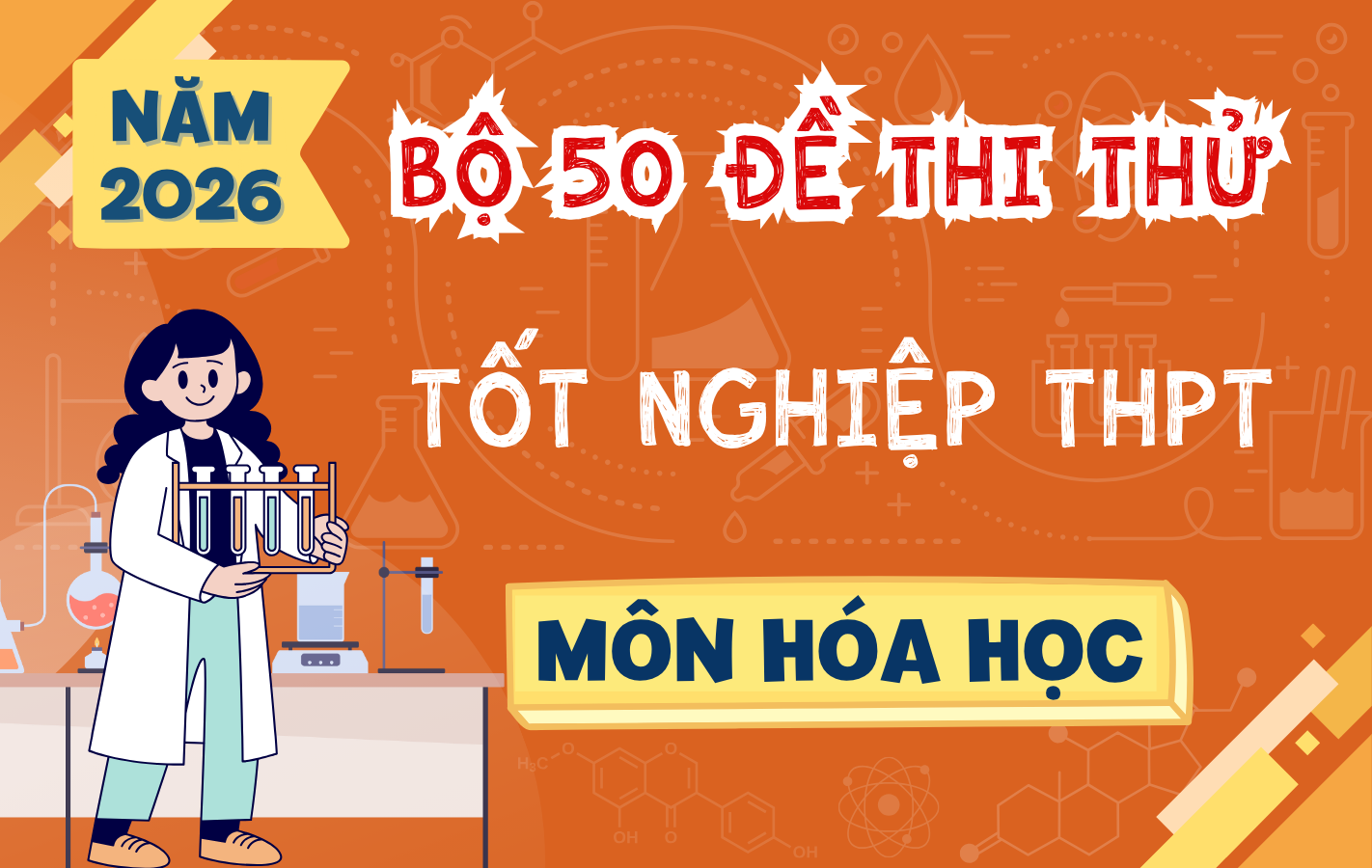
Bộ 50 Đề Thi Thử Tốt Nghiệp THPT Môn Hóa Học Năm 2026 – Theo Cấu Trúc Đề Minh Họa Bộ GD&ĐT
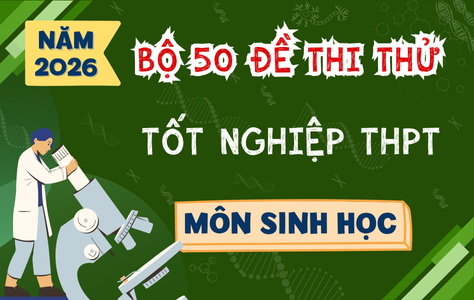
Bộ 50 Đề Thi Thử Tốt Nghiệp THPT Môn Sinh Học Năm 2026 – Theo Cấu Trúc Đề Minh Họa Bộ GD&ĐT
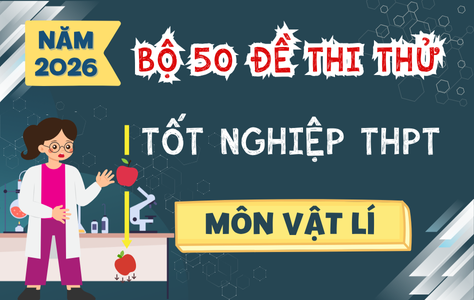
Bộ 50 Đề Thi Thử Tốt Nghiệp THPT Môn Vật Lí Năm 2026 – Theo Cấu Trúc Đề Minh Họa Bộ GD&ĐT
ĐĂNG KÝ GÓI THI VIP
- Truy cập hơn 100K đề thi thử và chính thức các năm
- 2M câu hỏi theo các mức độ: Nhận biết – Thông hiểu – Vận dụng
- Học nhanh với 10K Flashcard Tiếng Anh theo bộ sách và chủ đề
- Đầy đủ: Mầm non – Phổ thông (K12) – Đại học – Người đi làm
- Tải toàn bộ tài liệu trên TaiLieu.VN
- Loại bỏ quảng cáo để tăng khả năng tập trung ôn luyện
- Tặng 15 ngày khi đăng ký gói 3 tháng, 30 ngày với gói 6 tháng và 60 ngày với gói 12 tháng.